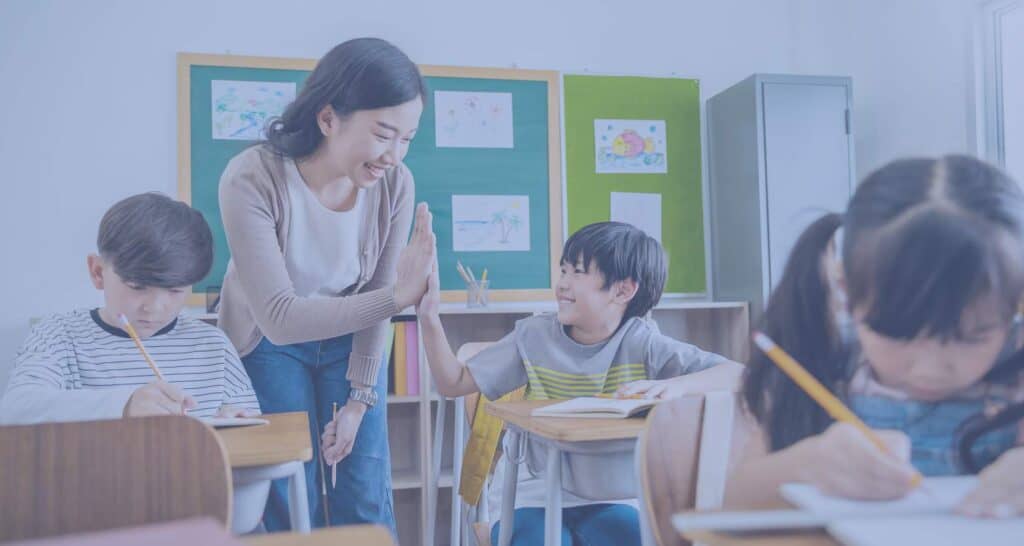Few thoughtful people would dispute the fact that the world is changing rapidly in many ways. Among the most important of those is an ongoing transformation of the economy from one that required workers of vastly different education and skill levels to perform quite different work tasks, to one in which all workers need higher levels of knowledge and ability and can add new skills throughout their careers.
What we have witnessed over the past 30 years and see continuing indefinitely into the future is the disappearance of lower skill jobs and the appearance of a proliferating number and type of higher skill jobs. Perhaps more importantly, paired with this expansion of skill expectations is the need for workers to continue to add new skills and to change roles during their work careers, including changing careers altogether. Predictions of the number of distinct careers today’s students will pursue continue to increase, but it’s not unusual to see studies citing the likelihood of today’s students taking on a half-dozen or more different types of employment in their work lifetime. This type of unprecedented expectation that people pursue not just a career but a career evolutionary track will require exceptional abilities to adapt and to master new skills and to be true lifetime learners.
These realities of the current and future economy call on schools to do something fundamentally different for students than has been done in the past. This is true both for instructional programs and for assessments as well. Historically, schools over the past century have been institutions that effectively sort students into different futures, largely on the basis of parental education and income level. In fact, the origin of the “scientific testing” movement of the 1920s that underlies much of today’s assessment design was derived from psychological models and theories that posited only a small proportion could ever truly perform at high levels, most would get by, and a sizable percentage would not be candidates for much beyond a rudimentary education. This worked fine as long as the economy offered opportunities proportional to this distribution and in fact did not need workers to meet, adapt, or add new skills much during their careers.
The emergence of the knowledge economy has disrupted this model. Schooling now needs to get all students to high levels of performance, and performance needs to extend far beyond mastering core English and math concepts and content. Testing can no longer simply be designed to sort students along a continuum. Even as testing moves from norm referenced-models to criterion-referenced and standards-based forms, much of the test development process still hinges on making sure that not too many students can “pass.” Instruction still is geared at slightly above an assumed norm, and “remediation” of skills deficits in practice consists largely of looking at test items missed with the goal of reteaching that same information, often in similar ways.
New models need to focus more on developing learners as learners, equipping them as self-directed, empowered individuals with clear goals and aspirations, who are aware of what they need to know and be able to do to succeed. Education then becomes the process of equipping students to be successful pursuing their goals and achieving their dreams, not solely of meeting an externally-determined standard or set of knowledge and skills.
Of course, schools need to focus on those students who struggle to develop the necessary high expectations or clear goals. This process of enabling all students to have high, clear goals and know how to pursue them should become the new key value-add of schooling, above and beyond content transmission, although skillful educators will always connect the two and intertwine them.
What kind of assessment system, or system of assessments, will accomplish this new goal and facilitate the types of instruction geared to creating individuals who are adaptive, self-reliant, and highly capable lifelong learners?
It will be a model that incorporates multiple measures, most of which are designed largely with the goal of providing information to the student first and foremost, and then to the teacher, school, district, state, and federal government. This will require data analytics systems and platforms that collect and integrate information across multiple sources that would include tests, demographic information, self-reports, observations, and behavioral data, among others, and that conceives of assessment as consisting of multiple possibilities, item types, experiences, and formats. Much is being done currently to develop options in all of these areas.
The new skill educators will need to acquire will be to learn how to use which options in which settings with which students in order to build more complete student profiles that inform actions and decisions on students’ parts and help educators adapt the instructional program to the actual and real-time needs of each student.
Nothing about this will be easy or without controversy. Perhaps schools will be able to pull off this transformation of purpose. Perhaps they will stumble along the way and new institutions will arise to serve the needs of different types of students in different ways. The power of personalization continues to increase in all aspects of commerce and human interaction. Education will be challenged to achieve the goal of personalization in ways that enable all students to be prepared for life in a rapidly changing, knowledge-based economy and society. Assessment will be an important element in any model or vision that pursues such a goal.
David T. Conley, Ph.D., is the President of EdImagine, Professor Emeritus at the University of Oregon, and a member of the New Meridian Corp. Board of Directors.


